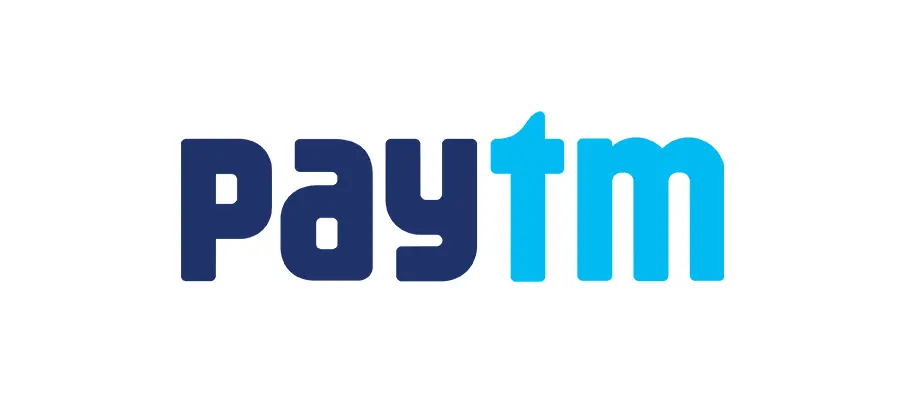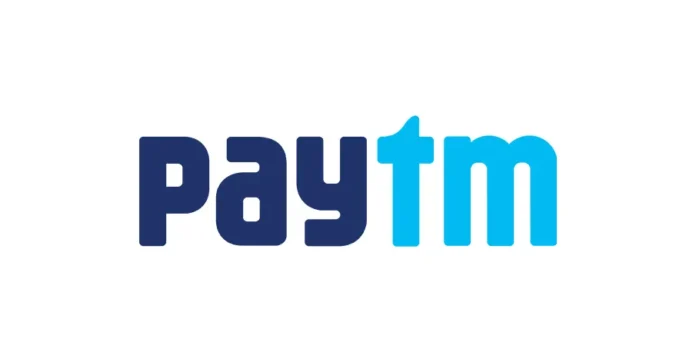
Paytm, one of India’s leading fintech companies, announced on Tuesday (Aug. 12) that its payments arm, Paytm Payments Services Limited (PPSL), has received “in-principle” authorization from the Reserve Bank of India (RBI) to function as an online payment aggregator.
The company shared the development via a post on social media platform X, noting that PPSL had originally filed its application for a payment aggregator license in August 2024. This approval marks a significant turning point for PPSL, as it can now resume onboarding new merchants—a process that had been halted since November 2022 due to compliance-related restrictions.
According to a TechCrunch report, the RBI had barred PPSL from taking on new merchants after identifying noncompliance with foreign direct investment (FDI) norms. At that time, the regulator instructed the entity to reapply for the license.
Payment services continue to be central to Paytm’s financial performance, contributing to over half of the company’s consolidated revenue during the quarter ended June 30, Reuters reported.
Regulatory Challenges in Recent Years
The authorization for PPSL follows more than a year of regulatory turbulence for the broader Paytm ecosystem. In January 2024, the RBI directed Paytm Payments Bank—responsible for processing Paytm’s transactions—to cease operations after an audit revealed “persistent noncompliances and continued material supervisory concerns.” The specifics of these concerns were not disclosed.
This came after earlier restrictions in March 2022, when the central bank prohibited Paytm Payments Bank from onboarding new customers pending a full-scale audit. Later, in October 2023, the RBI imposed monetary penalties for noncompliance, citing failures in Know Your Customer (KYC) processes, beneficial ownership identification for payout service entities, transaction monitoring, and risk profiling.
In February 2024, Paytm announced plans to keep its digital wallet operations active by establishing new banking partnerships. CEO Vijay Shekhar Sharma at the time expressed confidence that forming such alliances would be “not difficult.”
Business Impact and Recovery Efforts
Regulatory actions over the past two years had an impact on Paytm’s market position. In March 2024, reports indicated that consumer preferences had shifted toward competitors such as Walmart-owned and Google-owned payment platforms. UPI transaction data showed a 14% month-on-month decline in the value of Paytm payments.
However, the company has continued to take steps to strengthen its position. In July 2025, Paytm secured government approval to invest $6 million in PPSL, underscoring its commitment to reviving and scaling the payments business.
The RBI’s latest authorization is expected to help Paytm regain merchant trust and strengthen its payments ecosystem, setting the stage for a fresh phase of growth after a prolonged regulatory reset.





